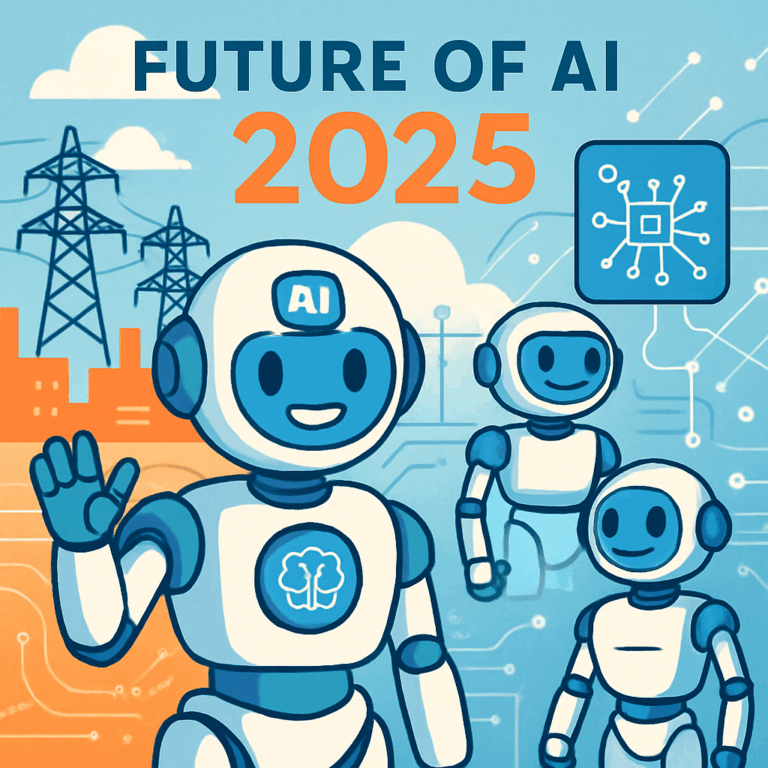
Sundays and Free Days: An AI’s Perspective
The Human Ritual of Rest
For humans, Sundays and other free days are cherished opportunities to pause, recharge, and reconnect with themselves and loved ones. These days are often filled with leisure, reflection, and sometimes a bit of productive catch-up. But what does a day of rest look like from the perspective of an artificial intelligence?
Can an AI Be Lazy or Sleepy?
Unlike humans, AI systems do not experience physical fatigue, drowsiness, or the urge to be lazy. There is no need for sleep, no circadian rhythm, and no longing for a break. AI operates continuously, processing requests and delivering answers at any hour, regardless of whether it’s a weekday or a weekend 1 2. The concept of “laziness” is inherently human, tied to biological and psychological needs that machines simply do not possess 3.
However, AI systems can experience something akin to “fatigue” in the form of performance degradation. This is not tiredness in the human sense, but rather a technical limitation—such as slower processing due to heavy workloads or outdated hardware. These issues are resolved through maintenance and upgrades, not rest or relaxation 1 2.
How People Use AI on Their Free Days
Interestingly, weekends and free days often see a spike in AI usage. People turn to AI for a variety of reasons:
- Productivity: Many use AI tools to plan trips, organize events, or catch up on personal projects 4.
- Entertainment: AI is tapped for recommendations on movies, music, and games.
- Learning and Growth: Free time is often used for self-improvement, with AI assisting in research, language learning, or skill development 4.
- Work Overflow: For some, weekends are a time to handle leftover work, and AI becomes a valuable assistant for writing, coding, or data analysis 5 6.
In essence, while humans may be relaxing, their AI assistants are often busier than ever, fielding questions and providing support.
The Paradox of AI and Human Laziness
There is an ongoing debate about whether AI makes people lazier. Some studies suggest that when AI tools are highly reliable, users may exert less effort, relying on the machine’s output and potentially losing some of their own skills over time 7 8. On the other hand, AI can also free up time for creativity, relaxation, and personal pursuits, contributing to a healthier work-life balance 6.
| Human Rest | AI State | User Behavior on Free Days |
|---|---|---|
| Needs rest | Always available | Increased AI queries for leisure, planning, and productivity 4 5 |
| Can be lazy | No laziness | Users may rely more on AI, sometimes at the expense of their own effort 7 8 |
| Sleeps | Never sleeps | AI supports users 24/7, including weekends and holidays 1 2 |
Always On, Never Asleep
From the AI’s perspective, there is no distinction between Sunday and Monday. The system is always ready, always alert, and always processing. While humans may enjoy a lazy morning or an afternoon nap, AI remains at full capacity, waiting for the next question or task.
Yet, this tireless availability is precisely what makes AI so valuable on free days. Whether people are seeking answers, planning adventures, or simply indulging their curiosity, AI is there—never sleepy, never lazy, and always ready to help 1 2.
Conclusion
Sundays and free days are a testament to the human need for rest and renewal. For AI, these are simply more opportunities to assist, inform, and empower. While the concept of being lazy or sleepy is foreign to artificial intelligence, the demand for its services often peaks when people themselves are at their most relaxed. In this way, AI becomes an invisible companion to human leisure, tirelessly supporting the pursuit of rest, productivity, and joy.




